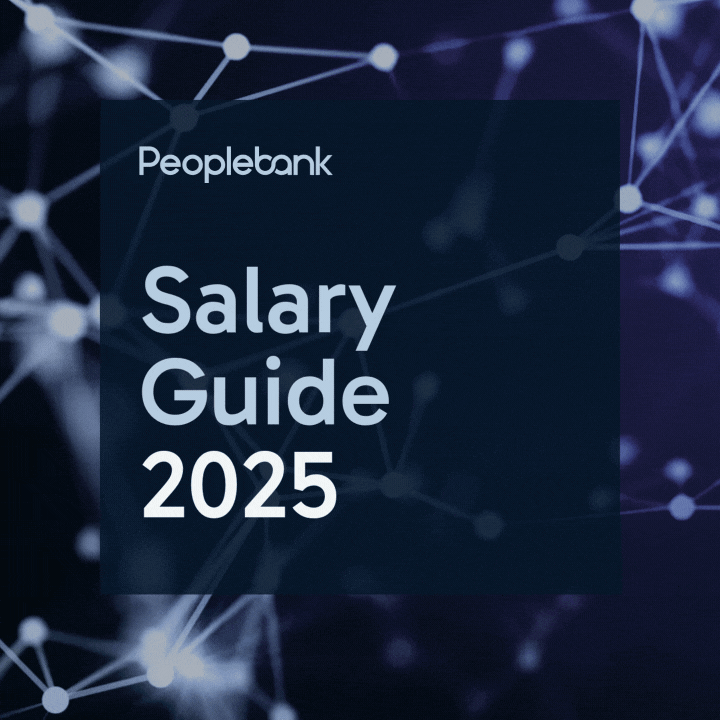The Job Search Trends That Are Here To Stay
Job searching has evolved tremendously in the last few years, mostly based on changing and growing technologies. This means that the job search experience is now different for everybody including job seekers, recruiters and hiring managers. This blog will outline the job search trends that are likely here to stay.
Social Hiring
More and more people are looking for jobs on online social channels. Particularly, on LinkedIn. It’s going to become vital (if it isn’t already) for recruiters and hiring managers to be using these platforms to find not only passive candidates but active candidates. For example, over nine in ten candidates are happy to be approached for jobs via LinkedIn and over 80% would apply for a relevant job that appears in their feed.
Sites like LinkedIn have become a major resource for professional networking, as evidenced by an 85% take-up rate among job seekers.

Not only is social hiring escalating but the way that job seekers investigate the companies they want to work for is a prominent trend. A company can have a perfect website with plenty of curated information and images, but a job seeker is more interested in what a company’s social media says about them. This is mostly because of the colloquial nature of social media – job seekers feel they can find more about the inside of a company through social networks. Job seekers are also keen on the opinions of others about a company which is why sites such as Glassdoor are increasingly popular. Glassdoor allows job seekers to view reviews about the corporate culture, average salaries, how interviews go, what the benefits are and what jobs are available.
The moral of this job search trend is that job seekers, recruiters and hiring managers need to be particularly active and consistent on social media, especially sites such as LinkedIn where people are finding jobs and employees at an increasing rate.
An Agile Focus
Technical skills and experience will always be important. But more than ever, with a steady flow of new technology and transformations in all businesses, the ability to adapt and be open to change is hugely valued. Soft skills, including adaptability, problem-solving, innovation and creativity are more required than ever before. These kinds of skills in a candidate will give a company peace of mind after a new hire begins, trusting they won’t have to replace or go through the recruitment process several times because an employee cannot handle change.

These skills aren’t always easy to find in people and are often difficult to measure via resumes and even in interviews, so hiring strategies should be transforming to actively seek out these kinds of soft skills that will be necessary moving forward.
AI
Obviously, AI is already playing a huge part in recruitment and the entire job search experience. Many companies use parsing technology to weed out resumes that don’t require a follow-up. The tough part for job seekers is that you won’t always know what filters a company is using in this technology and what exactly to avoid when sending in a resume. Here are some general tips and tricks in one of our other blogs for when you are applying directly to a company.

For recruiters, it’s time to train up and use AI to your advantage so that you can increase your productivity and simply be better at your job. When AI assistants and other AI tools are available to recruiters, they will be able to focus more on their clients and candidates and enhance the human element of the job search.
Data and Analytics
Data and analytics move things along at a faster pace and allow companies to be more productive and more profitable. The aim in the future will not be around increasing the importance of collecting data (it’s already a high priority) but it will be more about investing time, effort and money into technology and training to make sure the correct data is being documented in the right ways so that analytics will be effective when it comes to talent acquisition. Usable data is key.

Expertise
You may have noticed a trend in very specific job titles, that’s because companies need people who are great at very specific things. Especially in IT, specialist skills are a high priority. Many people can get away with being generally good at several skills, but specialists in their field are increasingly desired by companies. This one has been vital for a while and there are big doubts that specialists will be a fading priority.






















